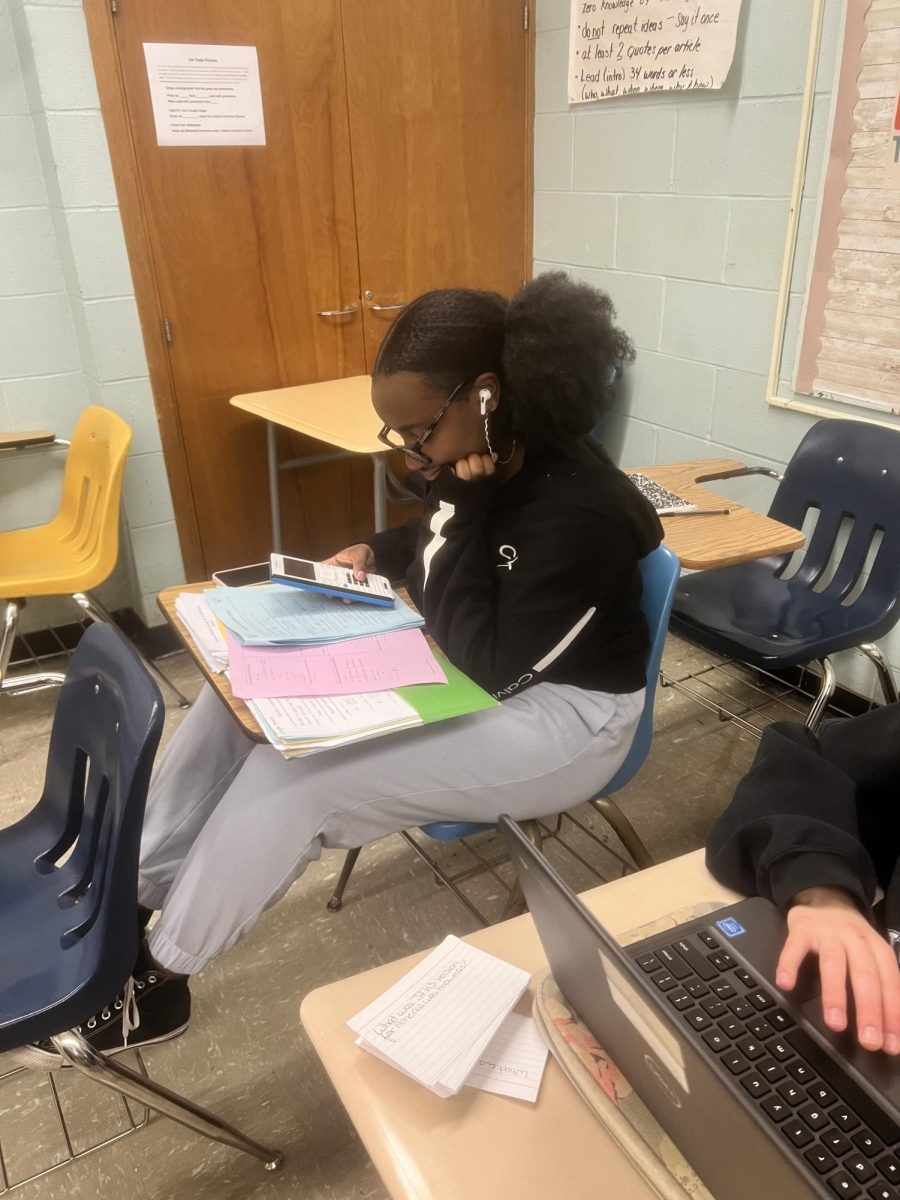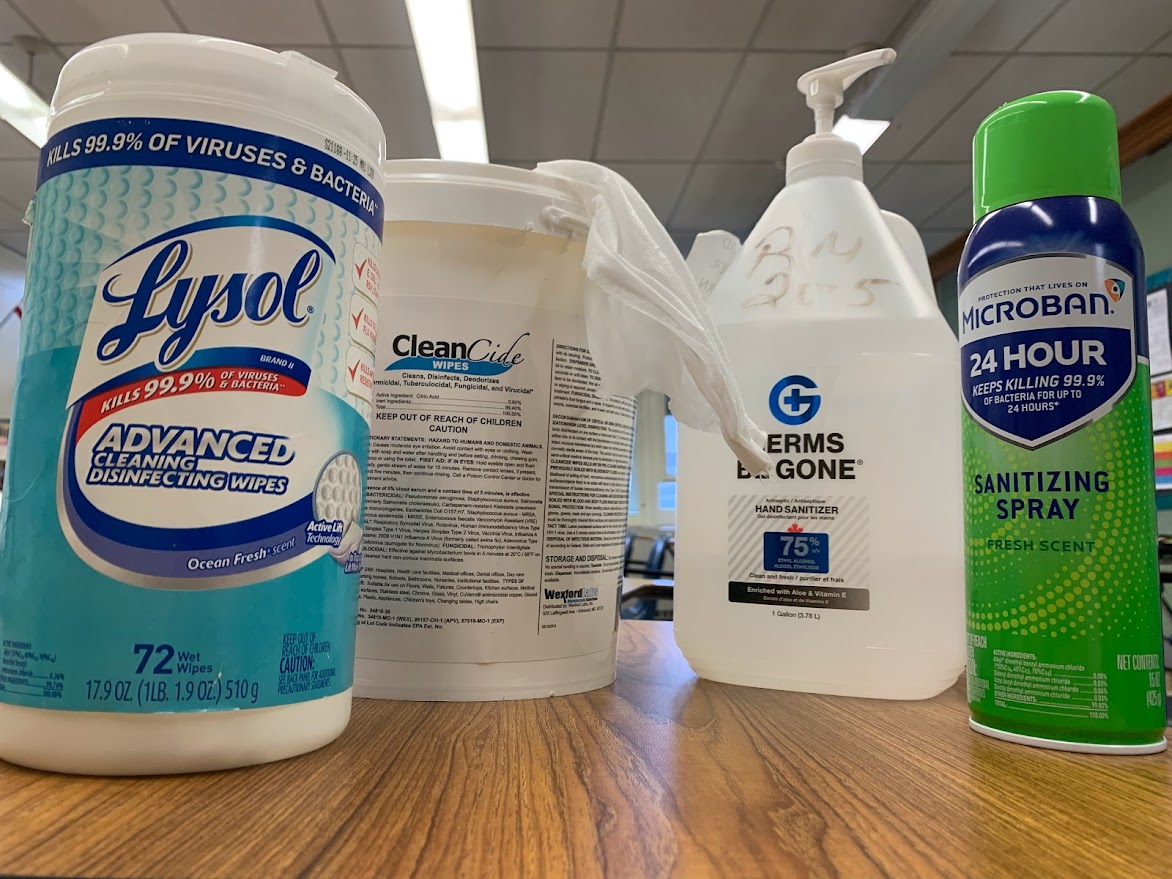There are 42 million adolescents in the United States. According to CBS one out of three students failed at least one class. Parents often feel helpless when receiving these grades from their children. So, where does the drive end?
Kids getting to work
Adolescents are in school five out of seven days of the school week for about seven hours per day. After chatting with students from Colonia High School most of them stated that they sleep after school. Many parents are concerned on why there is a lack of motivation. Parents often make Google searches, asking peers, along with reading books on it.
Although parents and or guardians may forget children are growing and learning at the same time. Even though school days might be lengthy and demanding, any combination of events such as being able to shut your brain off during breaks or continuing homework during them has the potential to make matters harsher. When talking about the mental health of children. According to Christian Florentine a Junior at Colonia High school states, “School makes me very tired because I feel like we get so much work and it’s hard to stay motivated and keep up and sports on top of that.”
According to the Counselling Directory, teenagers may to struggle to prioritize their studies for various reasons such as social expectations, lack of motivation, or difficulty comprehending the significance of education. the article also suggests that teens may have “more pressing concerns, such as fitting in with their peers or worrying about how to get someone to like them.” Jennifer Warwick, MSc Psych, BAPC Registered explains, “Teenagers tend to prioritize the present over the future. They are not very good at weighing short-term pain against long-term gain.”
How to motivate
According to UWW the choice, effort, and persistence are the three general measures of motivation. Give kids the freedom and control they deserve by acknowledging their demands for autonomy and self-determination. Recognize that learners may be motivated to learn both internally and externally. It seems sense that students are motivated by things other than intrinsic motivation, such as grades, approbation, and other prizes, even though it may be ideal to have a classroom full of them.
There are two distinct continuums for intrinsic and extrinsic motivation. Students may have several goals for the same course. Students typically focus their conduct on pursuits they find meaningful and where they believe they will succeed. Ann DiNicola, who is a school counselor and has a Bachelor’s degree in elementary education (K-8) and a Master’s degree in counseling (K-12), states, “It comes from with in and that’s forever, every age, people can help to motivate you but you have to find what motivates you.”
Study talk
Kids always suggest shorter school days. Yet, the children’s attention span is one factor contributing to the argument for shorter school days. Unlike popular belief, it is far less. In reality, psychologists estimate that first graders can concentrate on a single subject for a maximum of five to seven minutes without interruption. As mentions by Juni. For children this age, even the “ideal” attention span is only 15 to 18 minutes.
The effectiveness of studying full-time is another factor we need to take into account. Does the length of the school day have a significant impact on how well kids perform? It turns out that there is a limit to the degree that time matters. In fact, researchers found that adolescents who study a single subject for more than 10 hours per week do not significantly differ academically from those who study for 5 to 10 hours per week. Therefore, more isn’t always good.










